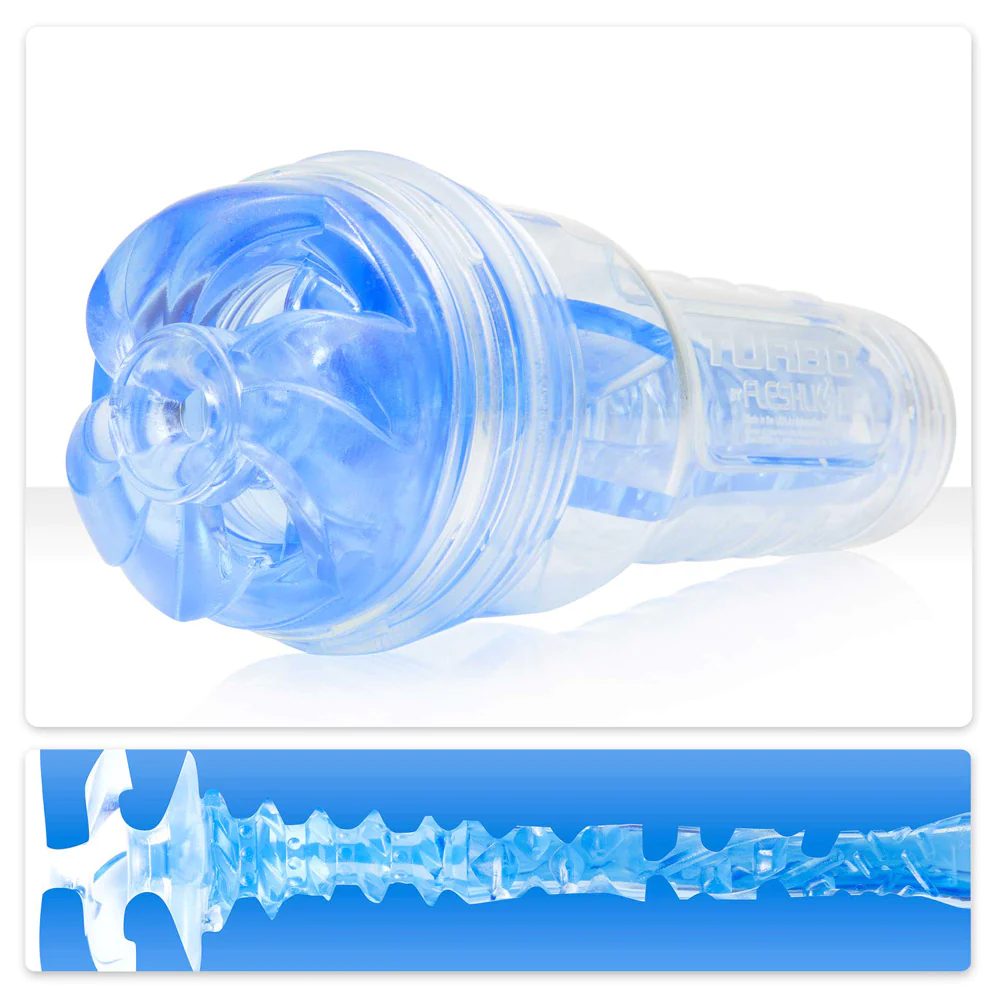One of the most common questions I get asked by men and women with concerns about their sex life is, “How long should sex last?†usually followed by “What advice do you have for me (or my man) to last longer so we can start having better sex?â€
So, it seemed like the time has come to create this definitive guide for couples experiencing common sexual issues such as erectile dysfunction and premature ejaculation
First, I wanted to know whether or not couples even want to have longer lasting sex. I did some research and found that the length of time per session is a common complaint among both men and women in the many sex surveys conducted in recent years.
In one article titled “Here’s How Long Sex Should Last for a Woman’s Maximum Enjoyment,” author Laura Beck wrote the following:
“A 2004 study published in the Journal of Sex Research found study participants enjoyed 11 to 13 minutes of foreplay followed by seven to eight minutes of intercourse.
That’s pretty good but not as good as what the participants wanted: double the time for the sex! So maybe it’s that women want a good amount of foreplay and then an additional 14 to 16 minutes of doing the deed.â€
While the desire for sex in the 20-plus minutes range is quite common, the average man only lasts 5-6 minutes, which means most men could be considered premature ejaculators, right?
If both men and women want sex to last longer and the termination of sex almost always coincides with male orgasm (the frustrating truth for many women), then yes, most men could be considered premature ejaculators.
But do we have to use that phrase?
No moniker strikes more fear into men than this one, and it doesn’t have to be that way. There’s no reason to called something “premature” when it’s so common.
I suggest we strike the term “premature ejaculation†from the conversation altogether. Instead, let’s just say that there are plenty of couples out there who want to have longer-lasting sex.
Unfortunately, many people still believe this is an issue of mind over matter.
For those of you who aren’t old enough to remember the world of men’s sexual health prior to the introduction of Viagra in 1998, the issue used to be called “impotence,†i.e. the inability to obtain and sustain an erection. Nowadays, we refer to it instead as erectile dysfunction (ED).
Men with ED used to spend countless amounts of time and money visiting therapists, reading books, and watching videos teaching all sorts of mental trickery that could supposedly solve their problem, but none of it worked.
Then Viagra came along and changed everything. If you hadn’t noticed, no one talks much about psychotherapy as a way to fix ED anymore.
Fast forward 20 years and we’re now facing a similar situation with premature ejaculation.
Men currently spend lots of time and money on therapy and “training,†and just like with ED, none of it helps them last longer during sex.
Sure, therapy can help men cope with the emotions they feel about it, but I have scoured the literature and still cannot find a single study showing that psychotherapy helps men delay orgasm.
In order to advise you about how to delay orgasm, of course, you first need a basic understanding of process that causes a man to ejaculate.
It’s quite complex, mainly involving the central nervous system and two organs, the penis and the brain.
Many of you out there may think that once a man is aroused, his brain shuts off and his penis takes over, but this is why drugs like alcohol and opioids that depress the central nervous system generally result in delayed orgasm.
Numerous studies have also shown that men who take anti-depressants in the class of selective serotonin reuptake inhibitors (SSRIs), which increase serotonin levels in the brain, can delay ejaculation during sex.
Nevertheless, penis sensitivity is considered the key factor in a man’s ejaculation control, and it’s also the easiest one to manage.
Some men have higher penis sensitivity than others, and a small percentage of men are hypersensitive.
After ejaculation, men lose their ability to sustain an erection. The time until he can once again achieve an erection is called the refractory period.
For young men with refractory periods of less than 10 minutes, early ejaculation is often not a problem, as they can often keep their partner sexually aroused until they’re able to have intercourse again.
A man’s refractory period lengthens with age, however, and the opportunity for a quick recovery diminishes such that he is typically able to experience only a single ejaculation per sexual session.
Thus, the emphasis for most men rests on climax control.
Here are some surefire ways men can last longer in bed, along with a few popular duds explained.Â
Most of these methods are intended for men, but women can also participate — if not directly, then with patience and support.
- Long-term prep.
I’m not in favor of using prescription drugs in order to have longer-lasting sex, as there are so many other good methods and treatments available, and in terms of exercises, I have yet to see any proof that they work.
In an effort to provide a complete list of the options available, however, here are some of the ways people extend the amount of time to climax:
- Anti-depressants. An off-label prescription of a daily SSRI (e.g. Zoloft, Paxil) helps most men delay ejaculation. Side effects are numerous however, including, of all things, potential loss of libido. This is my least favorite idea.
- Tramadol. Some men have noticed improvement when using this opioid when taken a few hours prior to sex. That said, it’s been falling out of favor now that there are topical desensitizing medications available which are as or more effective and come with few side effects. Also, did I mention it’s an opioid?
- Priligy (Dapoxetine). For those living outside of the U.S., you can probably obtain this fast-acting anti-depressant to take 1-3 hours before having sex. While this is a popular choice in other countries, a recent study showed that 90 percent of men who try this drug stop using it within the first year.
- Kegel exercises. The mythical idea behind this method goes something like this … if this exercise can stop the flow of urine, why wouldn’t it do the same with semen? This line of thinking makes no sense to me, but the effort isn’t a complete waste anyway, as many men may need to improve bladder control as they age as well.
- “Pre-Gaming.”
- Whiskey D. Maybe the worst last-longer sex hack ever. Alcohol depresses the central nervous system and generally makes your body, including your penis, less sensitive to stimulation. There are many better ways to delay ejaculation. I only mention it specifically here in order to discourage men from considering this stupid idea.
- Masturbating prior to having sex. This is an effective way to last longer. Ejaculate as close in time as possible to when you plan to have sex, but careful; make sure it’s a longer time than your typical refractory period.
- Marijuana. There’s been only one study conducted in Australia and the results appear inconclusive. Given that marijuana warps the perception of time, it’s possible men think they’re lasting longer than they really are.
- Topical desensitizers. Often referred to as delay sprays, these products use a formula with an active ingredient of either benzocaine or lidocaine delivered in a small spray bottle. Apply directly on the penis to reduce sensitivity. They work great but with the wrong product or improper application, both partners can lose sexual sensation. My favorite is Promescent. Its advanced absorption formula allows the man to maintain great sexual sensation with virtually no transfer to his partner. There’s clinical data on Promescent’s performance and their website also has a wealth of information about male sexual health, including information about how to last longer in bed.
- Stamina pills. I have serious doubts that any of these products actually work, especially when so many of them have been caught lacing their powders with sildenafil (generic Viagra) that the FDA has issued a warning about “tainted sexual enhancement products.” Stay away.
- ED specific medications. PDE-5 inhibitors such as Viagra, Levitra and Cialis won’t make men last longer but they can shorter a man’s refractory period, and he will then have a much better chance of ejaculating twice in a single sex session and last much longer the second time around. Consult a physician before taking one of these prescription drugs.
- During sex.
If you’re 100% dedicated to using a natural method, try these.
- Adjusting sex positions. According to Vanessa Marin, a licensed sex psychotherapist who specializes in sex therapy, spooning, side-by-side and the cross are the best three positions for couples trying to increase the duration of intercourse. I’ve also read that doggy style may be one to avoid, as it stimulates the sensitive underside of the penis, leading to a quick climax.
- The start/stop method. This one has been around since couples started having sex for pleasure rather than just for procreation. It doesn’t need much explanation, except guys, don’t wait until just before you’re ready to ejaculate to stop. If you get too close to the point of no return, you won’t be able to last more than a minute when you get going again.
- The squeeze method. This works just like it sounds. When the man gets close to ejaculation, he or his partner squeezes his penis hard enough to decrease his sexual desire. Pain is stronger than pleasure!
- The sandwich technique. I learned this by reading sexual medicine expert Dr. Michael Werner’s Maze Men’s Health. For men with short refractory periods (typically men under the age of 30), they can “sandwich†foreplay between two orgasms. Start sex with rapid stimulation to an intended quick ejaculation; then move back to foreplay until he achieves an erection again.
- Distraction techniques. The only good thing I can say about this idea is that there aren’t any side effects other than bad sex. Can we just stop using this myth once and for all? Even if it did help, who wants to be thinking about his grandmother naked while having sex?
And the winner is …
Of all the options mentioned, I recommend a using a topical desensitizer. They’re effective, easy to use, low cost per use, have minimal side effects and don’t need a prescription, which is exactly why they are gaining tremendous popularity.

















